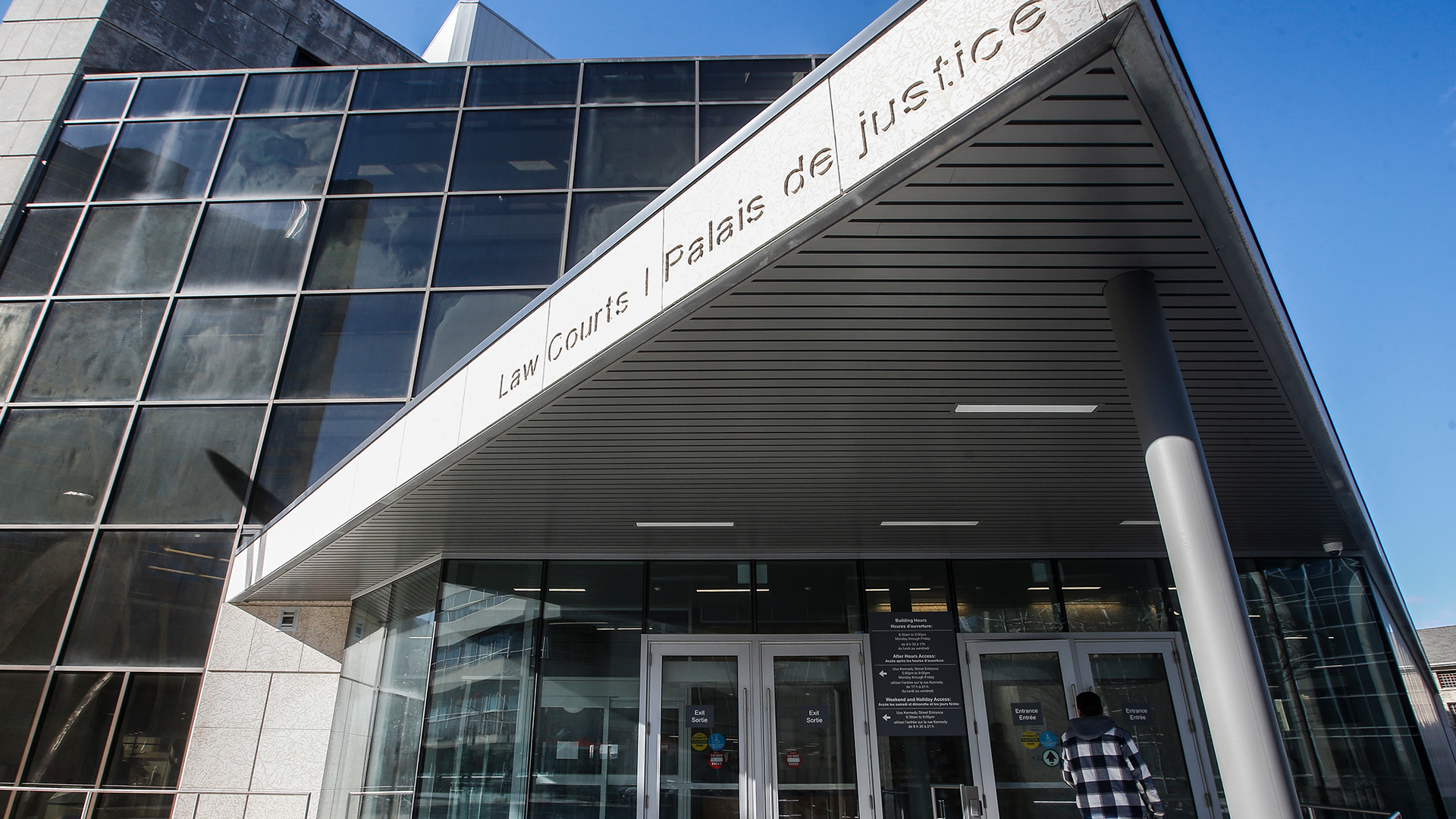
In late December, Nicous D’Andre Spring, a 21-year-old racialized man, should have been released from custody on bail. Instead, Quebec’s Ministry of Public Security confirmed he had been “illegally detained” and injured during an intervention by a correctional officer. He succumbed to these injuries later in hospital. In the wake of D’Andre Spring’s death, a corrections officer was temporarily suspended while the Public Security Ministry called for an administrative investigation. Provincial police and the coroner’s office are carrying out their own separate investigations. Meanwhile, D’Andre Spring’s family is demanding an inquiry into systemic racism in the provincial detention system.
While the details surrounding D’Andre Spring’s death remain unclear at this point, the wider systemic issues that relate to bail and conditions of detention in provincial institutions have been clear for some time.
First, there is very little transparency about what happens in custodial institutions generally and provincial jails in particular. It is difficult for anyone who is detained to contest violations of their fundamental human and legal rights. As well, there are limited mechanisms in place to ensure that people are actually released from custody when ordered by the court. Barriers like limited access to legal counsel, no public access to these institutions, and, most importantly, the lack of accountability for practices and conditions within the institutions remain.
Second, provincial jails are known for their problematic and dangerous conditions. The Supreme Court of Canada has recognized that time spent in pre-trial detention typically counts for enhanced credit at sentencing, partially because conditions in these institutions “tend to be particularly harsh; they are often overcrowded and dangerous, and do not provide rehabilitative programs.”
In Quebec, the latest report from Protecteur du citoyen du Québec noted the conditions in provincial custody. Specifically, correctional officers were criticized for failing to follow procedure when using pepper spray to subdue detainees. Pepper spray is known to cause severe irritation and may result in difficulty breathing.
The report also noted that despite a ministerial order made during the pandemic, provincial institutions were inflexible when releasing detainees. This meant people spent more days in custody than legally required.
Third, it is worth remembering that most people (54 per cent in Quebec, 77 per cent in Ontario, 67 per cent across Canada) detained in provincial institutions are people like D’Andre Spring. They are presumed innocent and are awaiting a bail decision or the resolution of their charges.
This is a problem in Canada. The number of people in pre-trial detention has quadrupled in the last 40 years. Across Canada, according to Statistics Canada, there have been more legally innocent people in pre-trial detention than people who have been convicted and sentenced to a jail term in a provincial institution since 2004.
Despite several legal decisions and legislative changes highlighting the importance of restraint in the use of pre-trial detention, problems continue. Racialized people, Indigenous Peoples and other marginalized groups are over-policed, disproportionately detained in custody and are more likely to spend longer periods of time in pre-trial detention. This raises important questions about the state’s wider role in perpetuating colonialism and systemic racism through the penal system.
Although an individual inquiry needs to take place to uncover the specific circumstances that led to the death of D’Andre Spring, fundamental rights violations, abuses of power and deaths in state custody will continue unless wider systemic issues are addressed.










